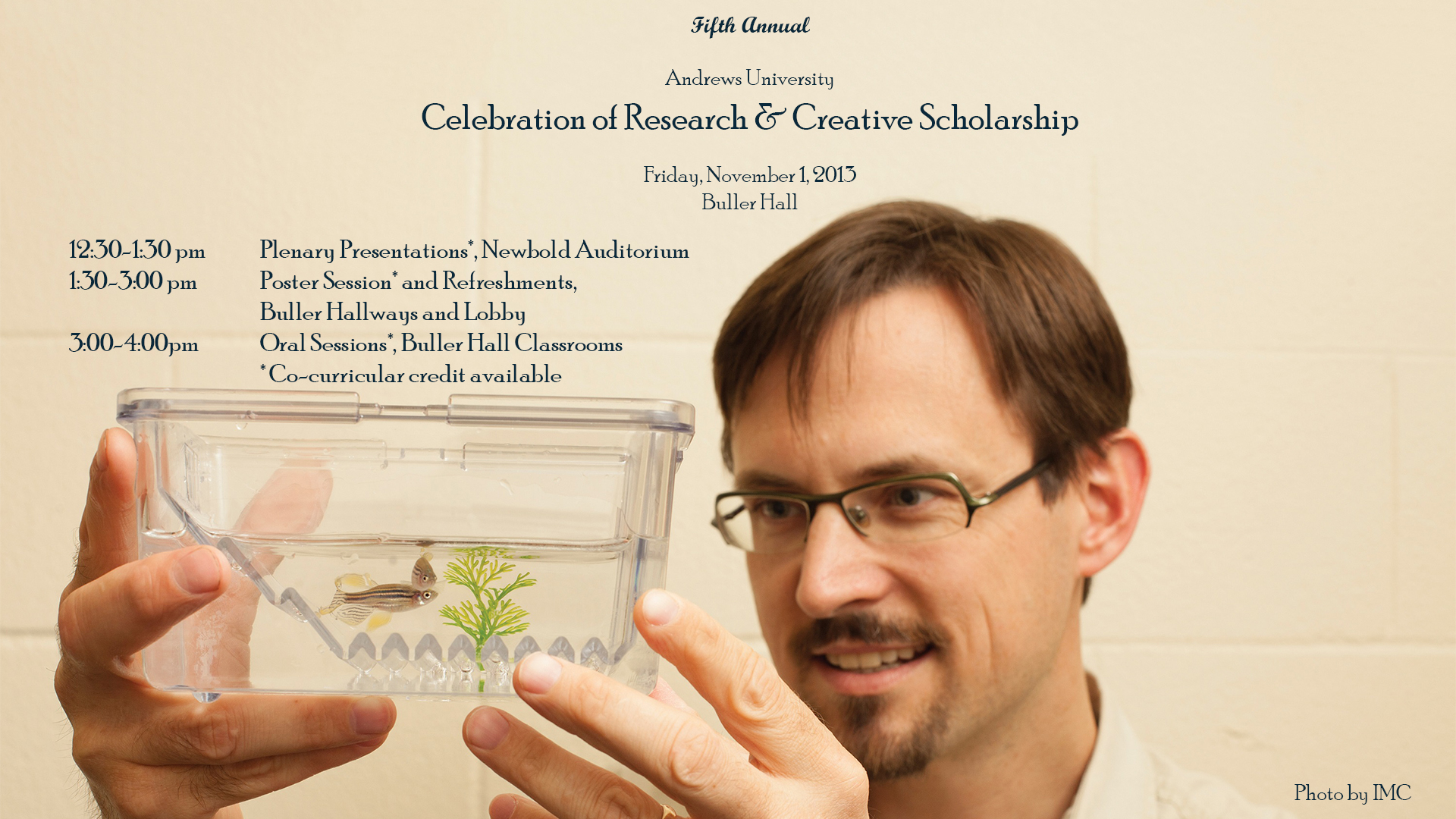D-3 The Moral Realism of Iris Murdoch
Presenter Status
Department of Religion
Location
Buller Room 208
Start Date
1-11-2013 3:30 PM
End Date
1-11-2013 3:45 PM
Presentation Abstract
Even a scant acquaintance with current cultural and philosophical trends will readily point to a widespread predilection for subjectivist forms of moral reasoning. By “subjectivist” I refer to various non-cognitivist and constructionist paradigms in moral philosophy and popular parlance that reduce ethical statements to expressions of individual or collective preferences, feelings, or prejudices stripped of any object-given normativity. Furthermore, various poststructuralist and postcolonial “genealogies” tie the language of morality to discourses of power, patriarchy, and totalitarian agency. The conventional presumption informing such misgivings is that the quest for moral objectivism, and ethical norms in general, is either impossible or exclusionary, or perhaps both. My research project seeks to engage such criticisms through a critical exploration of Iris Murdoch’s moral philosophy and her particular form of Platonism. I argue that Murdoch’s thought presents a helpful corrective to voluntarist approaches to ethics and that her defense of metaphysical realism and transcendence offers fruitful avenues for theologians to engage her thought, including Adventist ones.
D-3 The Moral Realism of Iris Murdoch
Buller Room 208
Even a scant acquaintance with current cultural and philosophical trends will readily point to a widespread predilection for subjectivist forms of moral reasoning. By “subjectivist” I refer to various non-cognitivist and constructionist paradigms in moral philosophy and popular parlance that reduce ethical statements to expressions of individual or collective preferences, feelings, or prejudices stripped of any object-given normativity. Furthermore, various poststructuralist and postcolonial “genealogies” tie the language of morality to discourses of power, patriarchy, and totalitarian agency. The conventional presumption informing such misgivings is that the quest for moral objectivism, and ethical norms in general, is either impossible or exclusionary, or perhaps both. My research project seeks to engage such criticisms through a critical exploration of Iris Murdoch’s moral philosophy and her particular form of Platonism. I argue that Murdoch’s thought presents a helpful corrective to voluntarist approaches to ethics and that her defense of metaphysical realism and transcendence offers fruitful avenues for theologians to engage her thought, including Adventist ones.



